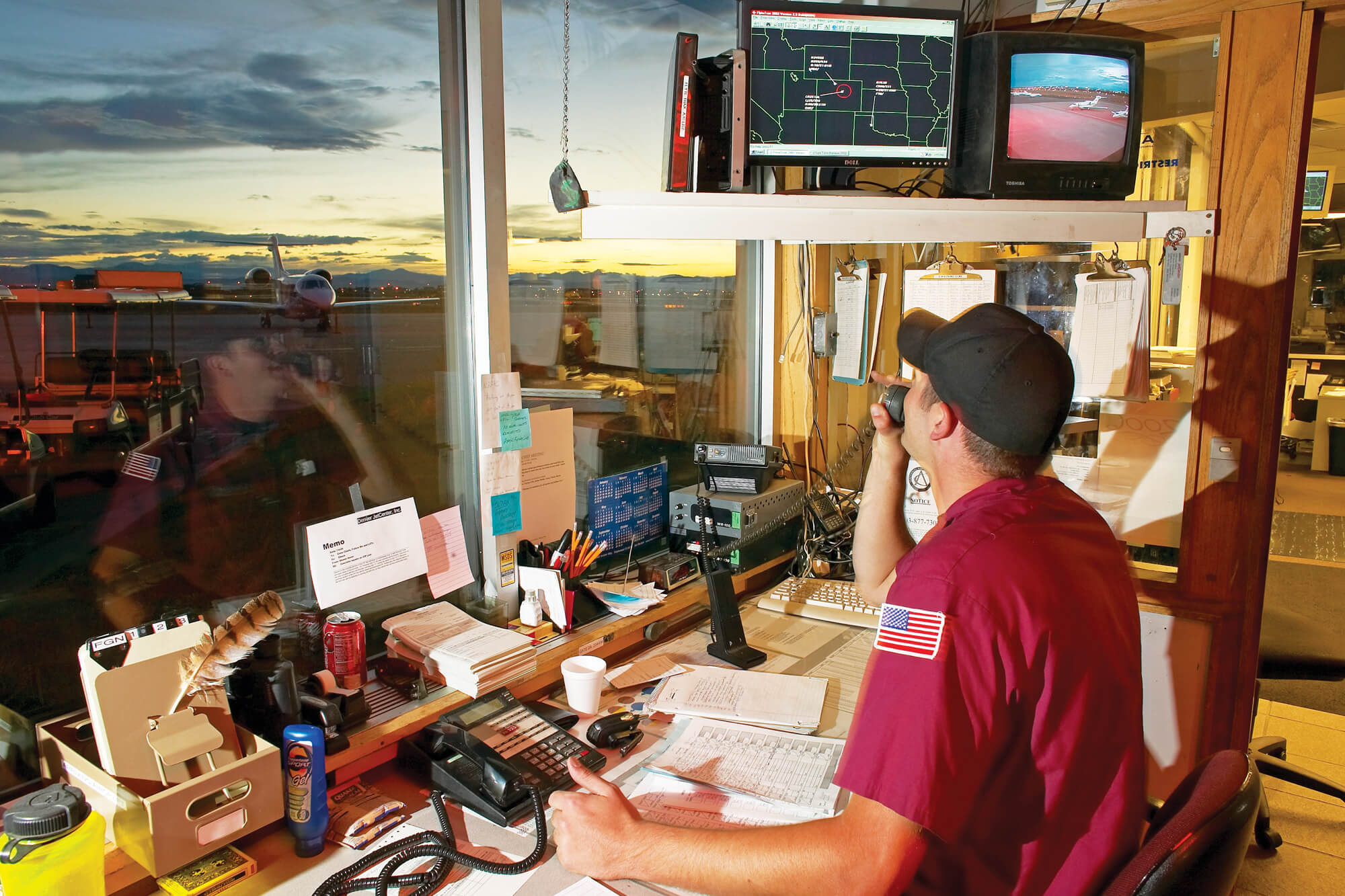
Even large operators may find that balance difficult to achieve, with schedulers often working extended hours.
June 3, 2019

International operators face a persistent challenge in effectively monitoring company aircraft, which may be operating several time zones and thousands of miles distant from a scheduler’s work-station, while also ensuring their own staffers remain alert and attentive.
Balancing these two obligations often requires creative solutions so that aviation employees are sufficiently rested while also meeting the needs of their flight crews and passengers halfway around the world.
Even large operators may find that balance difficult to achieve, with schedulers often working extended hours.
“We once did 24 [hours] on and 24 off, but that didn’t work,” said Leigh Ann Beckett, CAM, assistant manager of aviation for an international energy company based in Pennsylvania. “While you had the next day to mitigate fatigue, it didn’t solve the problem of pushing yourself through a 14-hour duty day without your eyes crossing.”
“Even if a flight department isn’t able to hire more people, allowing dispatchers to work from home helps them regain some of their work/life balance.”
In addition to moving toward shorter shifts and alternating weekend coverage requirements, Beckett’s flight department also based a dispatcher in the Asia-Pacific region, the destination for many of its flights.
“We can now transfer our flight operation to that person at 6 p.m. Eastern,” she explained. “It’s far preferable to having to set your alarm clock to monitor flight-following at all hours.”
Another dispatch manager at a Fortune 500 company noted that while his employees often work regular eight-hour shifts, the habits of company travelers may significantly extend work days when covering an international trip.
“Our executives believe in utilizing the aircraft’s full capabilities, which includes planning meals and rest time onboard while traveling between destinations,” he said. “That means our planes are in the air frequently, but we’re fortunate that our company also provides computers and phone connections to connect team members working from home. Your duty day may be 12-14 hours when covering an international trip, so it’s nice to not have to worry about the grind of traffic driving to work.”
Beckett’s company also allows dispatchers to work from home.
“I cannot emphasize enough how important that is,” said Beckett. “Even if a flight department isn’t able to hire more people, allowing dispatchers to work from home helps them regain some of their work/life balance.”
The Fortune 500 company dispatch manager quoted above recommends that aviation operations of all sizes utilize outside resources as needed to help cover international trips.
“If we’re going somewhere we’ve never been before, we’ll query international trip support vendors to gauge their expertise and select the one most qualified to assist during that trip,” he said. “We also have backup flight-following coverage available, as needed, that will contact our dispatchers to notify of any changes to NOTAMs or weather at the destination.
“A dispatcher is the invisible crew member on the flight deck helping each trip to succeed,” he concluded. “We exist to be that second set of eyes, so we need to be in top form.”


 International Business Aviation Council Ltd.
International Business Aviation Council Ltd.